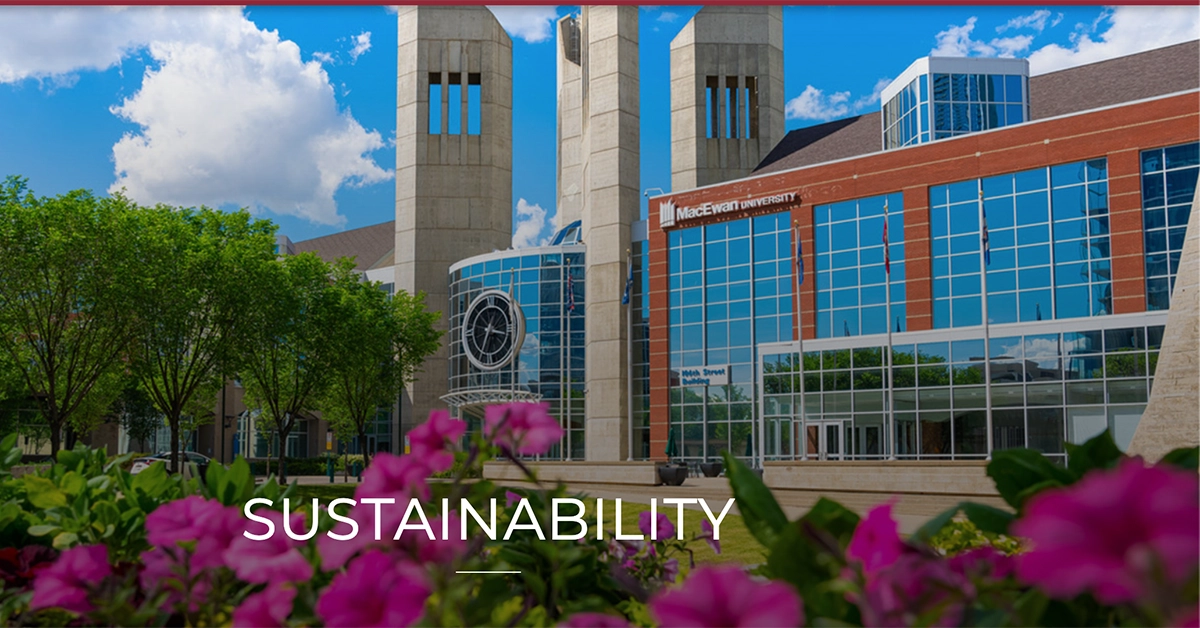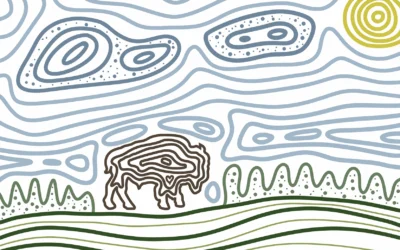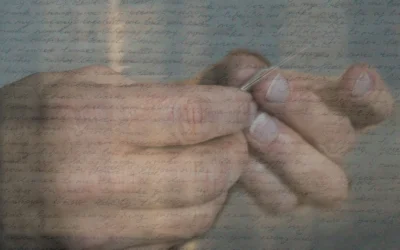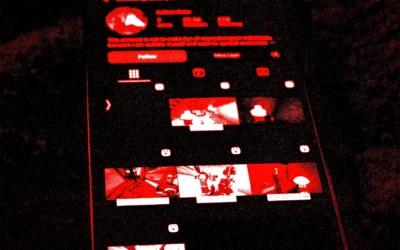As we continue to see more and more of the effects of the global climate crisis, encouraging sustainable practices has become increasingly important. This is a belief shared by MacEwan, with the university’s strategic direction plan for the next eight years to highlight sustainability.
In the past, MacEwan has hosted sustainability projects such as the tower gardens and urban cultivator systems. Due to the pandemic, many of these sustainability projects on campus were shut down. Kaz Haykowsky, MacEwan’s current sustainability program coordinator, says there is still hope for these programs to possibly return to campus in the future. However, the focus right now is on other, new, and exciting sustainability policies and programs.
“We’re… looking into ways that we can expand our recycling on campus into more unique or hard-to-recycle products,” Haykowsky says. The use of products such as nitrile gloves and sanitizing hand wipes, which can’t be recycled normally due to chemical compounds in them, skyrocketed during the pandemic. Haykowsky says that rather than just letting these products go to landfills, MacEwan is working with a local custom recycler who takes these products and breaks them down into plastic sheeting. “We’re actually going to use those [plastic sheets] to make an art piece for campus,” Haykowsky says, “keeping the whole waste cycle… right here on campus.”
There are also efforts being made to keep the compost cycle going. “We’re taking control of our own compost,” Haykowsky says. Through the new multi-stream waste bins across campus, MacEwan is encouraging students to get their waste in the right places, including compost bins. This compost is then taken to a local compost facility, where it is turned into soil that could potentially be used on and around the campus.
Another big project students can expect to see soon is a community garden on campus. The garden will be developed in the south keyhole between Buildings 7 and 8, on 108th Street. Haykowsky says the garden will “give an opportunity for staff, … students [and] community members to actually come together and grow food,” with seeds being started next month, and plants expected to be in the ground by May. “It’s going to be closed off to vehicle traffic…, so it’s an opportunity for us to take back the street [and] do something more creative with the street in terms of gatherings, art, seating, [and] maybe different [activities] like events and food services.”
Another project championed by MacEwan is the Urban Beekeeping Project. This project, which houses half a million bees on the roof of Building 5, is coming up on its ninth year and is one of the key sustainability projects on campus. “It [is] a cool draw factor and [makes] people really curious,” the project’s resident urban beekeeper Troy Donovan says.
Donovan says the project encourages people to be more aware of their surroundings and the roles that living creatures, like bees, play around our campus and in our community. “Even though we’re like ‘oh, we’re just living in a concrete jungle’ [and] ‘there can’t be anything living down there.’ It’s like, well, no, actually, there’s lots of stuff living. We’re just oblivious to it.”
The bee-keeping project also promotes recycling and reusing resources. Honey produced by the bees on campus is then put back into the campus community. “The kitchen uses some in their cooking and especially at special events having to do with the honey on campus,” Donovan says, “and then the other honey, once it’s jarred and bottled and labelled, [is] then [sold] at the bookstore. And, that money goes back to help fund the project.” Honey from the bees can also be found as a sweetening agent in the Griffins Beer offered at Towers Pub in Building 6.
While these programs being hosted on the campus are exciting, Tai Munro, an assistant professor at MacEwan with a background in sustainability, says that sustainability encompasses more than just waste management and environmental issues. “There’s a lot of MacEwan efforts that maybe people from… outside [of the sustainability field] wouldn’t label as being sustainability,” Munro says. “Even things like having kihêw waciston, while most people don’t connect that to sustainability, that is a part of cultural vitality, that is part of the sustainable development goals.”
Munro also suggests that the university should include more sustainability requirements across program degrees. “I’d like to see more sustainability-related topics show up in other departments,” she says. Currently, there is a certificate of achievement in sustainability studies being offered, but according to Munro, this is a non-credit certificate. There is no credit certificate offered or any sustainability minors or majors. Munro hopes in the future these sorts of degree and credit options will become more available. “Sustainability can’t just be the sustainability department’s thing,” she adds.
Munro is also helping to facilitate some more sustainability tools being developed by students on campus. Students in Munro’s courses are working on developing a guidebook for sustainability. “There’s a lot of interest in being sustainable,” she says, “but a lot of people just don’t know what that even means.” She says the hope for the guidebook is to make that information more accessible to people and “hopefully reach a bigger audience.” A podcast on sustainability is also in the works and is expected to launch sometime after the fall semester next year.
Jessie Hillier, a first-year student at MacEwan, hopes the school will continue to do more. Hillier suggests a good place to make sustainable changes on campus is in the food available. “I think it would be nice if we actually had food vendors that weren’t part of… giant conglomerates,” she says. “Edo, Chachi’s, Opa — all of those are not promoting sustainability.”
Hillier says that the biggest way she participates in sustainability in her own life is by maintaining a vegan diet, something she says is difficult, due to a lack of vegan food options on campus. Hillier also encourages others to be more conscious of their consumption and waste practices. “You’re voting with your dollar,” she says. “Be aware of what you’re buying. Be conscious of it. Actually pay attention when you’re throwing things out into the garbage cans.”
Zach Dafoe, a fourth-year student at MacEwan, says he would also like to see more sustainable changes on campus. Dafoe suggests bringing electric car chargers to campus parking lots and promoting the growth of native plant life as opposed to grass lawns. “Let the land take it back,” he says. “How sustainable is turning everything into a fucking golf course? It’s not.”
Dafoe would also like to see more student-led sustainability initiatives on campus. He argues that change can’t just come from the top. “It does have to come from the bottom,” Dafoe adds, “and see what sort of things our creative student body can come up with.” He hopes that student action will continue to push MacEwan towards creating more sustainable programs and policies.
So, what else can students be doing to promote sustainability in their own lives?
Dafoe says that to promote sustainability in his own life, he makes his own compost and tries to have sustainable eating habits by growing his own food whenever possible. He also says that the City of Edmonton has a good waste disposal organization system, and using that system properly is a step in the right direction.
Donovan suggests that people use reusable products like beeswax wraps and glass jars, rather than single-use plastics. “It’s about having that awareness,” he says. He also encourages collecting rainwater for your plants or garden, and if you don’t have the space for a garden, consider window gardens or other ways to grow plants and food.
Haykowsky says that interacting with the institutions we use, like our banks, and pushing them to make more sustainable choices, is a good first step. He also encourages students to look at their diets. “I think eating less meat can be really impactful,” he says. “Even just reducing it a little bit. Meals without meat, days without meat… pushing the [places] you’re shopping from to provide better options.” Haykowsky believes students should also utilize bike networks that come right to campus and get themselves access to the locked bike parking provided by MacEwan.
Practicing sustainability can happen in many small ways that all add up to make a big difference. Munro says the first step is to just “start somewhere.”
“You don’t have to be perfect,” she says. “But… can you do one thing?” Munro suggests making small steps like bringing a reusable water bottle to campus, or, if you drive to campus, looking for alternative means of transport a few times a week. “If that’s your first step, then that’s still a first step.”
Photo from MacEwan sustainability





0 Comments